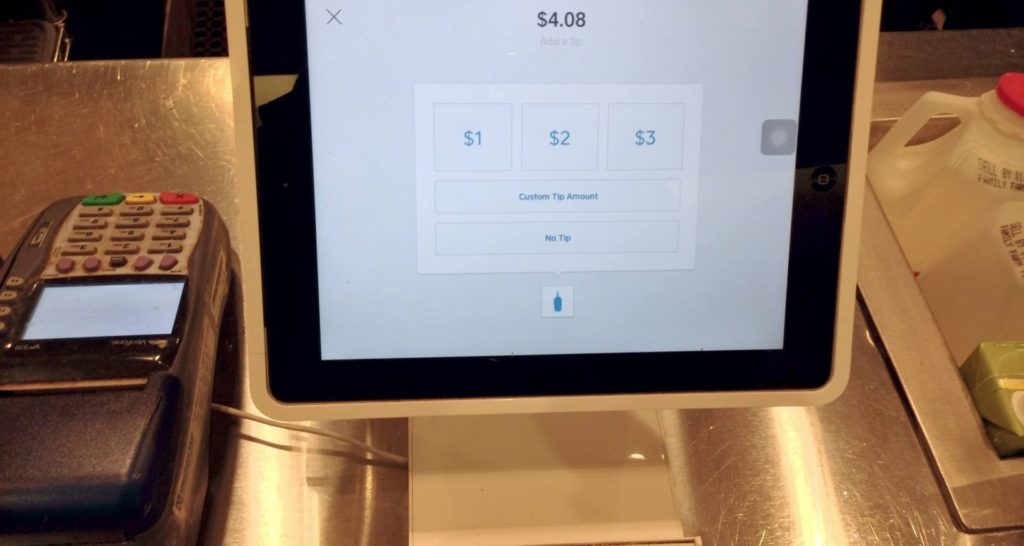For those who object to the annexation of Crimea from Ukraine, Russia is rubbing salt in the wounds by releasing a new banknote commemorating the move. The 100 rouble note, worth $1.50 USD, will make its public appearance next month and will “honor” Russia’s controversial takeover of the peninsula in March 2014.
Georgy Luntovsky, the deputy chairman of the Bank of Russia, says the notes will feature “symbols of Crimea and the city of Sevastopol”, and will be released as soon as the final design has been discussed with senior officials in the region.
While this is the first banknote to mark the Crimean annexation, there are already 10 rouble coins in circulation which have images of the annexation – the Swallow’s Nest castle in Yalta and Sevastopol’s Monument to the Sunken Ships.
The annexation of Crimea by Russia followed hot on the heels of the 2014 ousting of Ukraine’s pro-Russian president Viktor Yanukovych and is widely condemned as an illegal act by western leaders.
Ironically the annexation and a prolonged war between Ukraine and Russian-backed separatists in the east of the country, has led to a series of economic sanctions against Russia which have devalued the Russian rouble by one third on the international currency market.
Although the Russian economy has shown signs of improvement over recent months, Russia watchers say its economy is likely to suffer from secondary effects of the rouble collapse.
Sergey Aleksashenko, non-resident senior fellow in Global Economy and Development, former deputy chairman of the Central Bank of Russia and former chairman of Merrill Lynch Russia, says this will most probably result in elevated inflation, a destabilized budget, a continuing decline in investment and elevated inflation.
He says the economic downturn has affected spending in most sectors other than the military. He says for example road construction has been cut by 20 percent “and all investment projects that could not be finished in 2015 were deprived of funding”.
Stay Connected